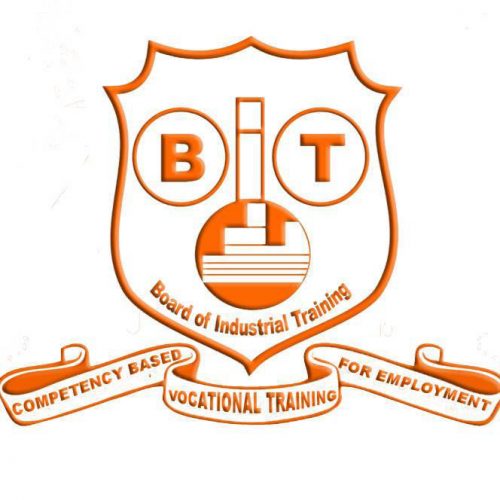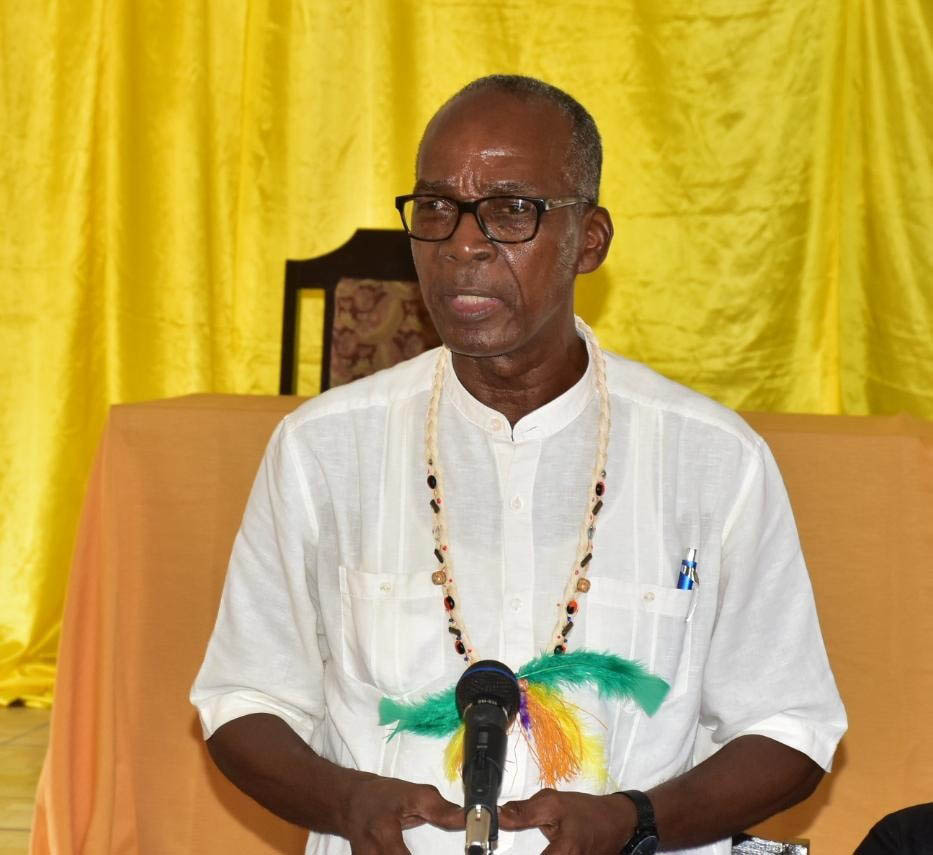
Created in 1910 under the Industrial Act (Cap 39:04), the Board, from its inception, was assigned the task of monitoring the formal technical and vocational education and training needs of the country and providing the requisite training needs in keeping with the perceived requirements.
These days, and in keeping with the particular skills training needs of the country, BIT seeks to focus on the delivery of a Technical and Vocational Education & Training (TVET) curriculum that is particularly responsive to the country’s labour force needs in the industrial sector. Simultaneously, the Board is charged with performing the regulatory functions that apply to apprenticeship schemes, which assignment includes the issuance of certificates that attest to the competence of the ‘graduates’ from the training programmes.
Challenged increasingly to ensure that the training regime keeps pace with the ever growing demands of the country’s industrial sector, BIT has moved to expand its curriculum in response to the contemporary skills requirements of the country as a whole. This initiative seeks to extend itself across all of the country’s ten (10) administrative regions. In keeping with the responsibilities associated with that mandate, technical officers charged with ‘overseeing’ the Technical and Vocational Programmes being offered by the BIT were assigned to each region. The primary function of this initiative was to ensure that the programmes being offered were consistent with the skills needs of the requisite communities,
BIT-executed training is accessible to persons above the age of fifteen. Training programmes usually last a duration of four to six months and the disciplines which the training covers are engineering, clerical skills, information technology, building trades, home economics, forestry, Early Childhood Development, and a Job Access With Speech (JAWS) programme for persons with vision disabilities. Some training programmes that might offer particular levels of employment in the oil, and gas sector are also offered.
Information provided by the BIT indicates that last year, the institution delivered training programmes to 2,199 persons last year. This year the institution is seeking to train 4,000 persons.
They have included some new areas where they intend to launch the programmes.
Up to this time the BIT has rolled out around 170 training programmes. Across the country, new communities have been embraced by the BIT’s training regime. Orealla and Siparuta in Region Six, St Cuthbert’s Mission in Region Four, Maraikobai in Region Five, Arakaka in Region One, St Ignatius in Region Nine, Agatash, 72 Miles, Issano and Parumia in Region Seven, One Mile Extension, Block 22, Half Mile, Canvas City, 47 and 58 Miles in Region Ten, are now covered by the BITC’s programmes.
The BIT meanwhile, enjoys constructive and mutually rewarding partnerships with a number of important local institutions including the Guyana Sugar Corporation (GuySuCo) Basic Needs Trust Fund, BOSAI Group, University of Guyana, Guyana Police Force, Guyana Power and Light Company, Ministry of Education, Guyana National Industrial Corporation (GNIC), and Brass Aluminum and Cast Iron Foundry Limited. At the same time the BIT also benefits from interaction with various international organisations including the International Labour Organization, (ILO), and the Caribbean Development Bank (CDB).






